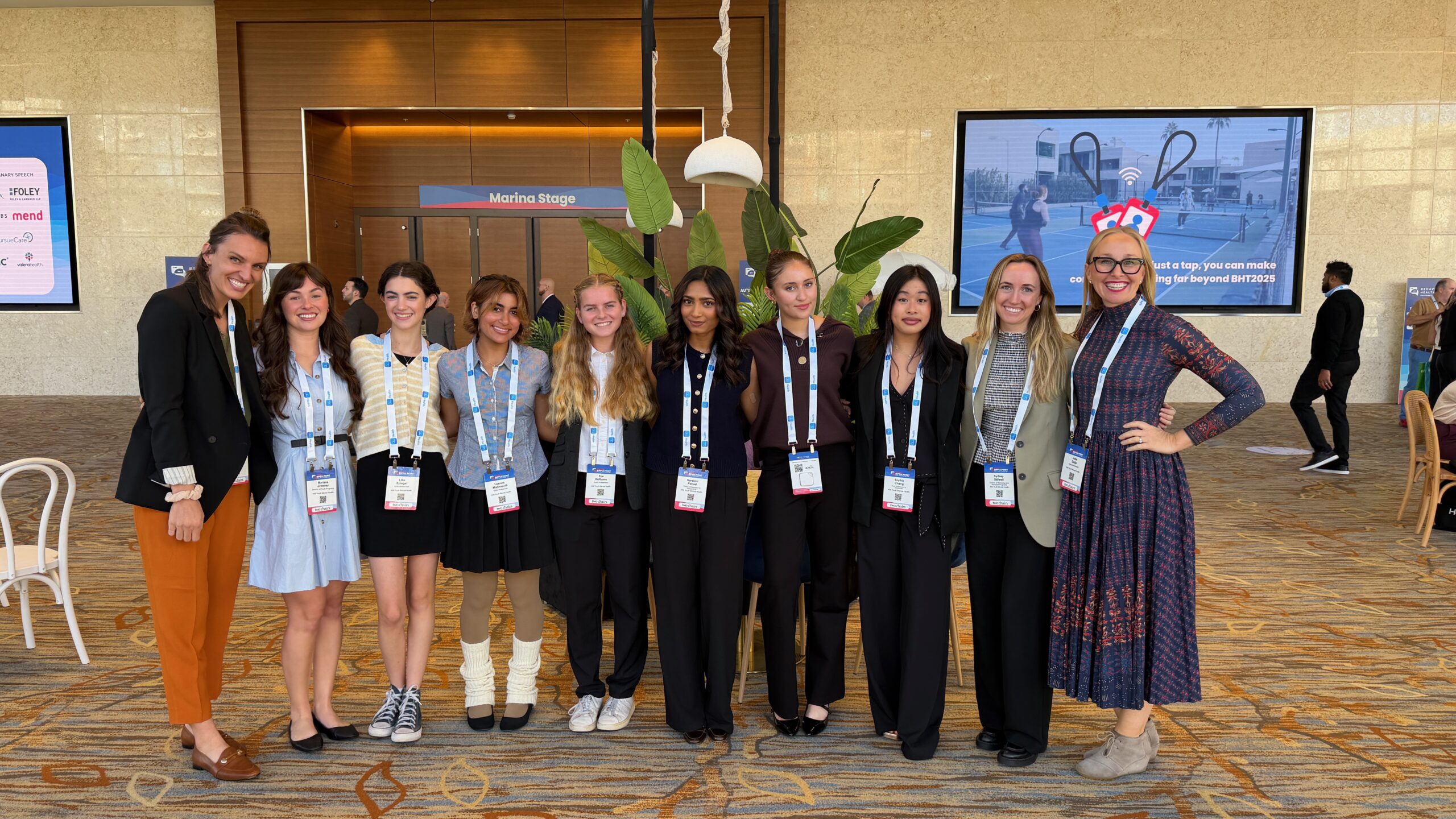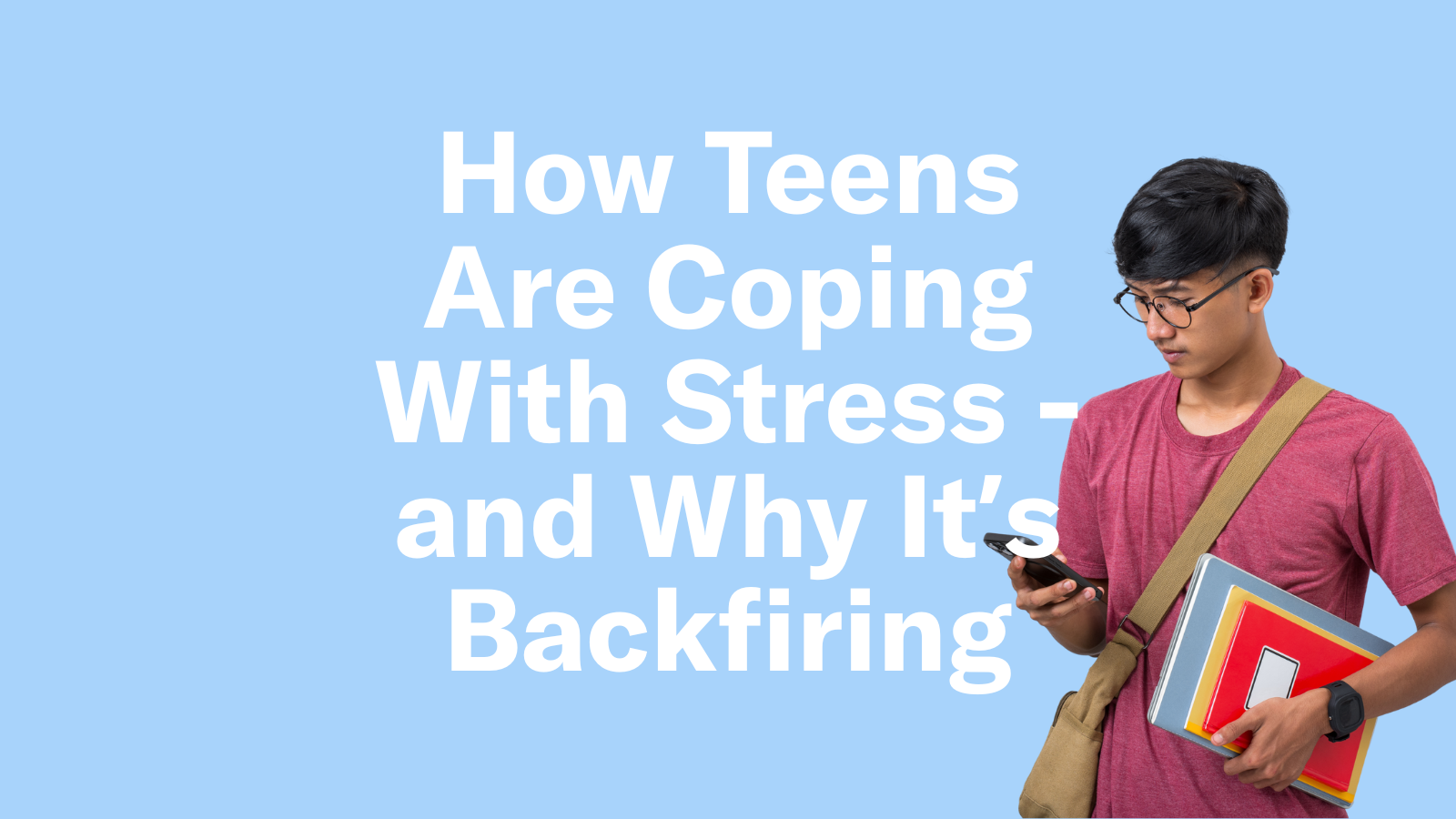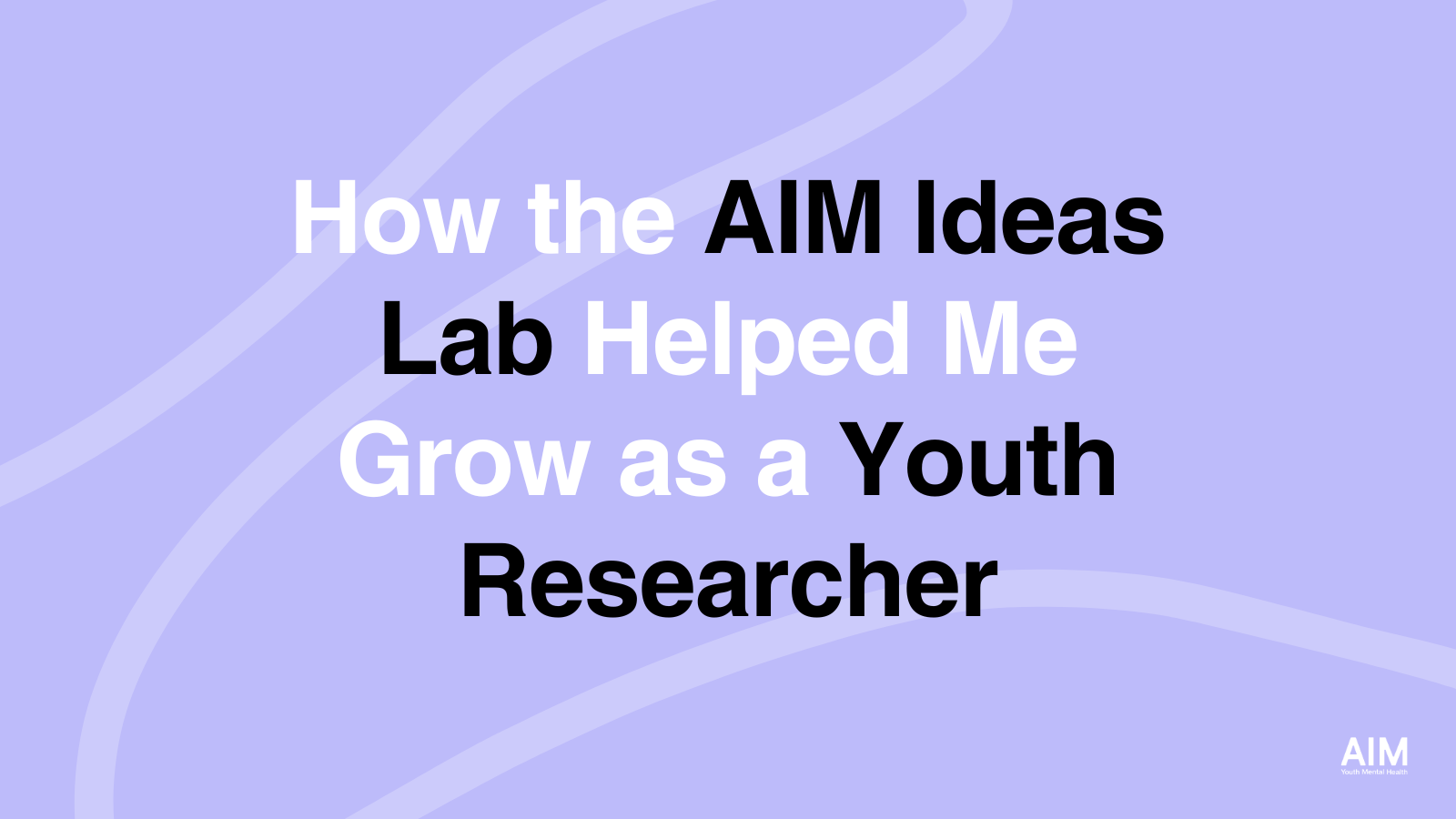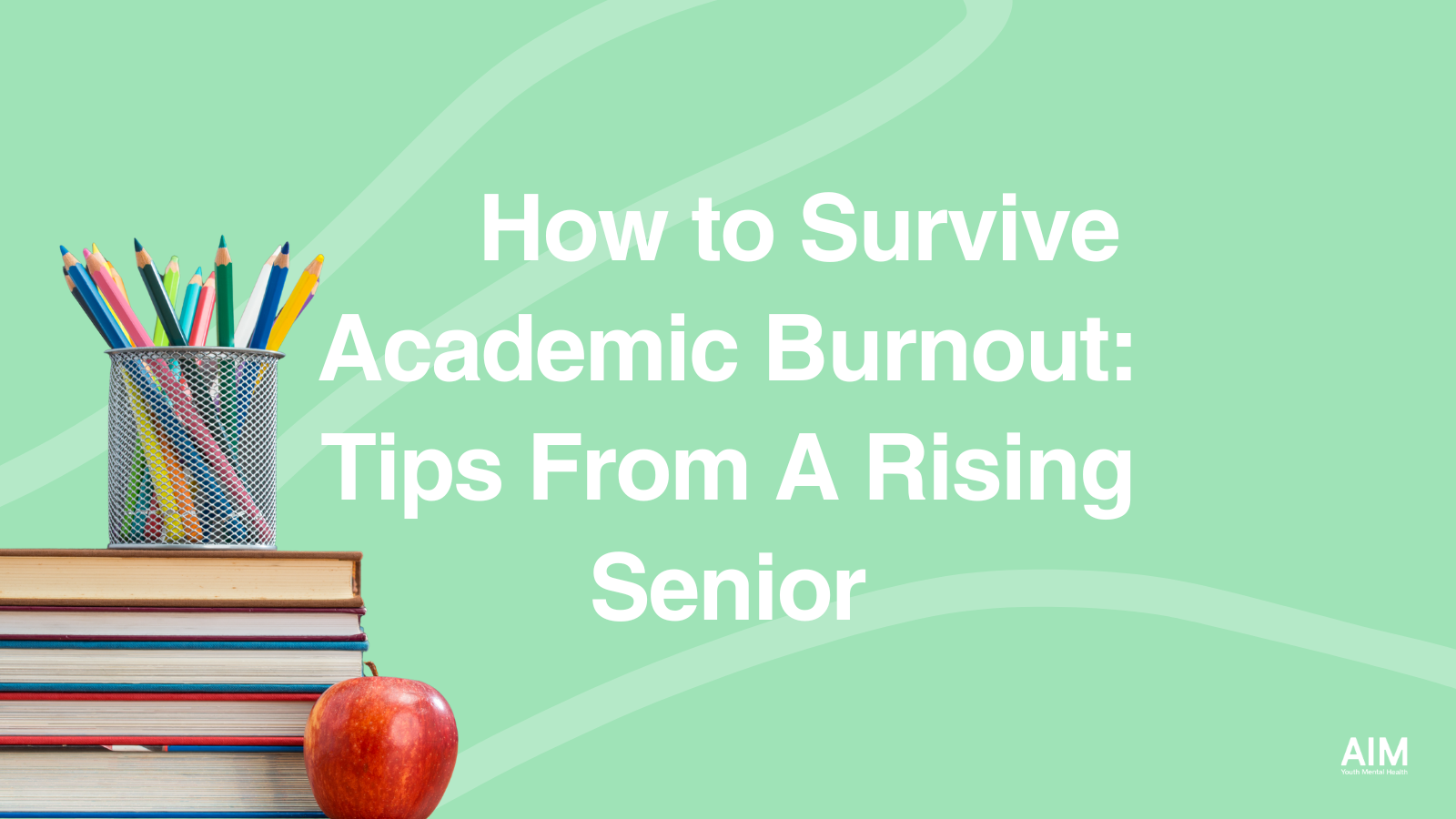When we talk about the experiences that shape us, we often think of the good times, the happy memories, and the moments that have made us stronger. But what about the experiences that have the opposite effect? The ones that can leave a lasting mark on not just our mental well-being but also our physical well-being? These are known as Adverse Childhood Experiences, or ACES for short. Because of the prevalence of ACES, it is important to understand what they are, how they impact us, and what we can do to support those who have experienced them.
What Are ACES?
Adverse Childhood Experiences are traumatic events that occur in childhood and can have long-lasting effects on an individual’s health and well-being. These experiences can range from physical, emotional, or sexual abuse to witnessing domestic violence or living with a family member who has a substance use disorder. The original ACE Study was conducted by the Centers for Disease Control and Prevention (CDC) and Kaiser Permanente in the 1990s. This study that is one of the largest investigations of childhood abuse/neglect and later-life health and well-being identified ten types of childhood trauma that can contribute to lifelong health problems, including:
- Physical abuse
- Emotional abuse
- Sexual abuse
- Physical neglect
- Emotional neglect
- Household substance abuse
- Household mental illness
- Parental separation or divorce
- Incarcerated household member
- Witnessing domestic violence
The Prevalence of ACES
According to the CDC, nearly two-thirds of adults in the United States have experienced at least one type of adverse childhood experience, and more than one in five adults have experienced three or more types of ACES. This shows that ACES are more common than we might think and can affect people from all walks of life. To learn more, check out this ACES Questionnaire.
The impact of ACES can be profound and can affect every aspect of a person’s life, from their physical health to their mental well-being—even their life expectancy. Research has shown that individuals who have experienced four or more ACES are more likely to develop a range of health problems later in life, including:
- Heart disease
- Diabetes
- Depression and anxiety
- Substance abuse
- Obesity
Supporting Those Affected by ACES
While the effects of ACES can be long-lasting, it’s important to remember that with the right support and interventions, individuals can heal and lead fulfilling lives. Here are some ways you can support someone who has experienced ACES:
- Listen and Validate: One of the most important things you can do is to listen to their story without judgment and validate their experiences.
- Encourage Professional Help: Encourage them to seek professional help from therapists or counselors who specialize in trauma-informed care.
- Provide a Safe and Supportive Environment: Offer a safe space where they can express their feelings and emotions without fear of judgment or retribution.
- Educate Yourself: Educate yourself about ACES and their impact so that you can better understand and support those who have experienced them.
Prevention and Resilience
While ACES can have a significant impact on an individual’s life, it’s important to remember that prevention and resilience are possible. Research has shown that supportive relationships, positive parenting practices, and access to mental health services can help mitigate the effects of ACES and promote resilience in children and adults.
- Create a Safe Environment:
- Provide a safe and supportive environment where they can share their experiences without judgment or fear of reprisal.
- Therapeutic Interventions:
- Trauma-Informed Therapy: Therapists trained in trauma-informed care can help individuals process their experiences and develop coping strategies.
- Cognitive Behavioral Therapy (CBT): Helps individuals recognize and change negative thought patterns and behaviors.
- Eye Movement Desensitization and Reprocessing (EMDR): An effective therapy for trauma that uses bilateral stimulation to process traumatic memories.
- Educational Support:
- Provide access to educational resources about the impact of ACEs and coping strategies.
- Workshops and support groups can help individuals learn from others who have had similar experiences.
- Medical Care:
- Regular health check-ups to monitor and address any physical health issues related to ACEs, such as chronic illnesses or pain.
- Ensure access to mental health services and medication if needed.
- Social Support:
- Encourage participation in support groups or peer-led programs.
- Foster healthy relationships and social connections to reduce feelings of isolation and loneliness.
- Skill-Building:
- Offer programs to develop coping skills, resilience, and emotional regulation.
- Provide opportunities for learning and personal growth to build self-esteem and confidence.
- Strengthening Parenting Skills:
- For those who are parents, parenting classes and support can help them break the cycle of ACEs and provide a safe and nurturing environment for their children.
- Advocacy and Empowerment:
- Help individuals access legal and social services if they have experienced abuse or neglect.
- Empower them to advocate for themselves and others who have experienced ACEs.
- Community and Family Engagement:
- Engage families and communities in understanding and addressing ACEs to create a supportive and nurturing environment for everyone.
- Collaborate with schools, healthcare providers, and community organizations to raise awareness and provide resources.
- Holistic Approaches:
- Encourage activities that promote physical well-being, such as exercise, yoga, and mindfulness practices.
- Explore alternative therapies like art therapy, music therapy, and animal-assisted therapy to help individuals express and process their feelings.
- Crisis Intervention:
- Develop a plan for managing crises and emergencies, including access to emergency services and crisis hotlines.
- Continued Support and Follow-Up:
- Regularly check in with individuals to monitor their progress and adjust support as needed.
- Provide ongoing support to help them maintain long-term recovery and well-being.
It’s essential to approach support with empathy, patience, and understanding, recognizing that healing from ACEs is a journey that takes time and may require a combination of approaches tailored to the individual’s needs. Adverse Childhood Experiences can have a profound and lasting impact on an individual’s life, affecting their physical health, mental well-being, and overall quality of life. If you or someone you know has experienced ACES and is struggling, please know that help is available. Reach out to a trusted friend, family member, or mental health professional for support.
Additional Resources:
____________________________________
About the Author
Emma is an associate marriage and family therapist specializing in supporting children, teens, adults, and families. With a background in education and therapy, she offers personalized guidance in areas like depression, anxiety, family dynamics, and life transitions. Drawing from CBT, DBT, EMDR, mindfulness, and psychodynamic techniques, she provides comprehensive therapy to empower clients in navigating challenges and fostering resilience.





